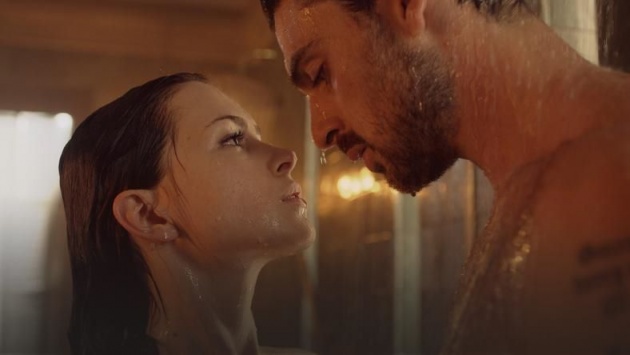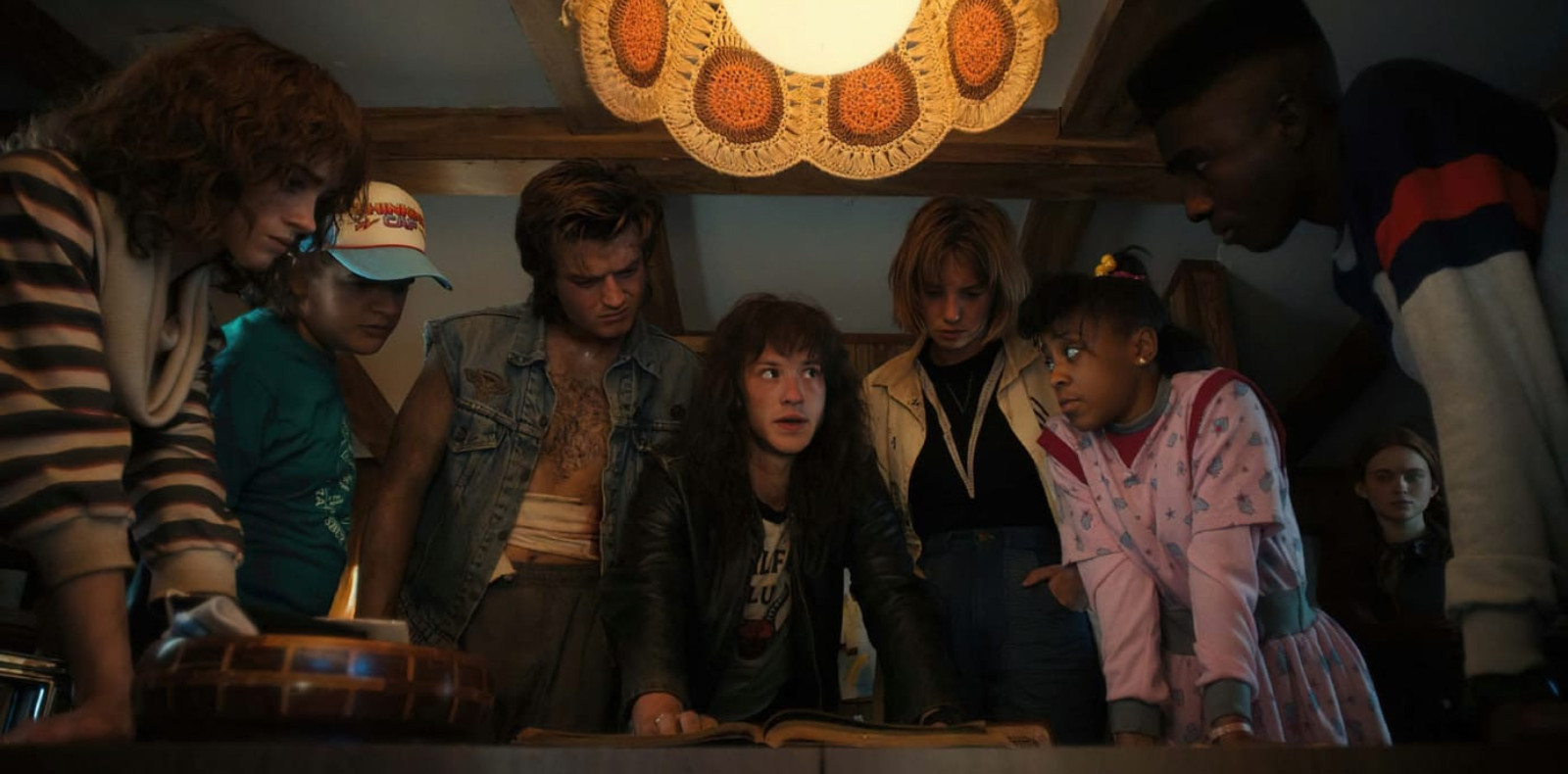
23

23
365 Days: the Netflix film advocating rape courts controversy
Trending at number 1 on Netflix, the Polish film “365 Days” has the internet up in arms. A petition demanding its removal from the platform was launched yesterday by Soeurcières, the feminist collective. Advocating rape, gender stereotyping and dominating relationships… every possible flaw has been invited to this appalling production that nevertheless managed to bring in more than a million spectators in Poland when it was released.
Par Margaux Coratte.

Just as the documentary series about the Jeffrey Epstein affair is being aired on Netflix, you’d have thought the streaming platform would be only too aware of the issues of consent recently brought to light by the #MeToo movement. But by broadcasting the Polish erotic thriller 365 Days, directed by Tomasz Mandes and Barbara Biolowas – completely unknown in France – the American giant has shown this isn’t the case.
Culture of rape and the infantilization of women
A member of the Italian mafia kidnaps a woman and gives her a year to fall in love with him. While the pitch sounds like something you might read on the cover of a cheap airport novel, it has nonetheless ignited the internet for the last few weeks. Presented as the Polish version of Fifty Shades of Grey, 365 Days has been adapted from the literary saga written by Blanka Lipinska and has been trending on Netflix from the moment it was shown on June 7th. A spine-chilling success indeed, because this movie condones rape.
Racism, sexual violence and victim humiliation… All these themes have been condensed into two (very long) hours. While the poor quality of the script and acting skills leaves the spectator understandably bewildered, 365 Days stands out most of all for its sexist and insulting content. The object of its intrigue can be summarised in one point: the debasement of the characters, both male and female. Because while women are the first targets in this thriller – as weak, venal beings – the men don’t fare much better. They move inanely about like dogs incapable of controlling their desires in front of the women they deem dangerous because of their beauty.
In a nutshell: when Laura goes to Sicily, she is kidnapped by Massimo, the muscle-bound leader of an Italian mafia. He admits he is obsessed with the young woman and gives her a year to fall in love with him. “When you're used to getting everything by force, it's hard to behave otherwise”, he generously explains to her when she refuses his advances. You could be forgiven for thinking this was a reflection on consent or even the acceptance of refusal, but 365 Days is nothing more than a putrid pile of clichés. The women in the story are reduced to sexual objects while the swaggering strong men are brainless. From then on, any suspense the film might have had relies on Laura's supposed love for Massimo, and the moment she finally falls for his ‘charms’.

A deluge of vacuous and sexist inanities
“ Beautiful women are heaven for the eyes, but hell for the soul. And purgatory for the wallet.”We’re only two minutes into the film when we hear this sentence uttered by Massimo’s father, just before he dies. While we’d like this to be a massive joke, 365 Days actually takes itself very seriously and is close to unbearable. If the film is so controversial, it’s because every single scene brings its own slew of stereotypes and violence. Like the moment a woman is forced to fellate a man, and yet through her tears we see her smile. As if rape was something pleasant that could satisfy the victim…
“I’m going to fuck you so hard, they’ll hear your screams in Warsaw”, “I wouldn’t have had to shoot if you weren’t dressed like a whore”, “you need balls to do this job”… And so the sexist vulgarities continue throughout the film. We couldn’t even count the number of times Massimo tells his victim not to provoke him. Apart from being so incredibly misogynistic, 365 Days is revolting because it tries to dress rapes and kidnapping up in a sexy, glamourous love story.
All this explains why the French feminist collective known as the Soeurcières have launched a petition for the immediate removal of the film from Netflix. If the platform refuses to comply, “it will be further proof that society is spitting in the face of all victims of sexual violence," the group have said.














